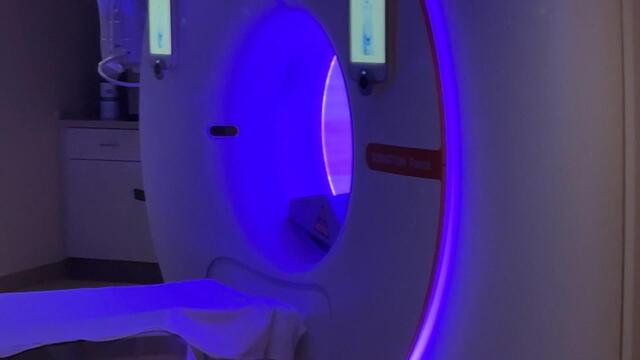
Artificial intelligence has changed the world of the healthcare industry. AI can help with diagnoses, treatment, and even predictions about future health trends. Besides, there are many things those artificial intelligence has improved and changed entirely.
The following blog will explain how artificial intelligence changes the healthcare industry. Let’s have a look!
Speed up the Diagnosis Process
Artificial intelligence is revolutionizing the healthcare industry, from diagnosis to treatment. AI has the potential to improve accuracy and speed up the diagnosis process for patients.
AI-powered systems can identify patterns in medical images such as X-rays or CT scans and make accurate diagnoses. This technology can detect subtle changes in patient data over time that any professional doctor can miss.
Helping Healthcare Administration
Artificial intelligence streamlines administrative processes in healthcare settings, freeing medical staff to spend more time on direct patient care.
Many pharmacies, like PricePro Canadian online pharmacy, use various software to manage medicines and customer records. So, they don’t have to hire the staff, and their work will complete on time, effectively, and efficiently within a low budget.
Cost-Effective
The healthcare industry faces unique challenges, such as rising costs and decreasing availability of resources. By reducing paperwork, AI can reduce costs while providing better care for patients.
AI can automate complex tasks, reduce human error, and quickly analyze large amounts of data. By leveraging this technology, hospitals and other healthcare providers can save money while improving
Help in Surgeries
Artificial intelligence is helping surgeons in several ways. One way is by providing preoperative planning assistance. Before AI, everything had to be managed manually. Al helps create 3D models of the patient’s anatomy based on CT or MRI scans. Surgeons can use these models to choose the approach for surgeries.
Better Customer Service
The use of artificial intelligence improves customer service in many sectors. AI can automate routine tasks and provide customers with faster, more reliable responses.
For example, Chabot can respond to queries with accurate answers and point customers in the right direction for further help. AI also helps companies understand customer sentiment by analyzing their data.
Manage Records of Patient
AI technology is very efficient in managing the medical records of patients and clients. As you know, AL works on different algorithms. AI-driven algorithms allow healthcare providers to analyze patient data faster and more accurately than ever.
Besides, now healthcare providers can offer personalized treatment according to the history of the particular patient.
Help in Research
Artificial intelligence helps researchers to explore new treatments. It also helps in predicting the likelihood of certain medical conditions.
AI can even help doctors to make decisions quickly, allowing them to respond more effectively to patient needs. Besides, doctors can analyze large amounts of data regarding patients.
All this has created tremendous opportunities for the healthcare industry and allowed it to move forward faster than ever before.
Assist in Infectious Prevention Diseases
As you know, infectious diseases are unstoppable, but with the help of AI, you can limit the spread of such diseases. It works differently and detects the pattern of the diseases. It tells healthcare providers the exact reasons for the outbreak. So they can minimize and stop the things that are major contributors to such diseases.
Conclusion
As you read above, artificial intelligence has changed the healthcare industry. But it is still in progress. Computer and technology scientists are making it more and more mature. Now, it works on deep learning, which means it learns itself. So, there will be time, which may replace human efforts. It doesn’t matter what will happen, but it is indeed helping a lot in the healthcare industry.
(Devdiscourse’s journalists were not involved in the production of this article. The facts and opinions appearing in the article do not reflect the views of Devdiscourse and Devdiscourse does not claim any responsibility for the same.)



